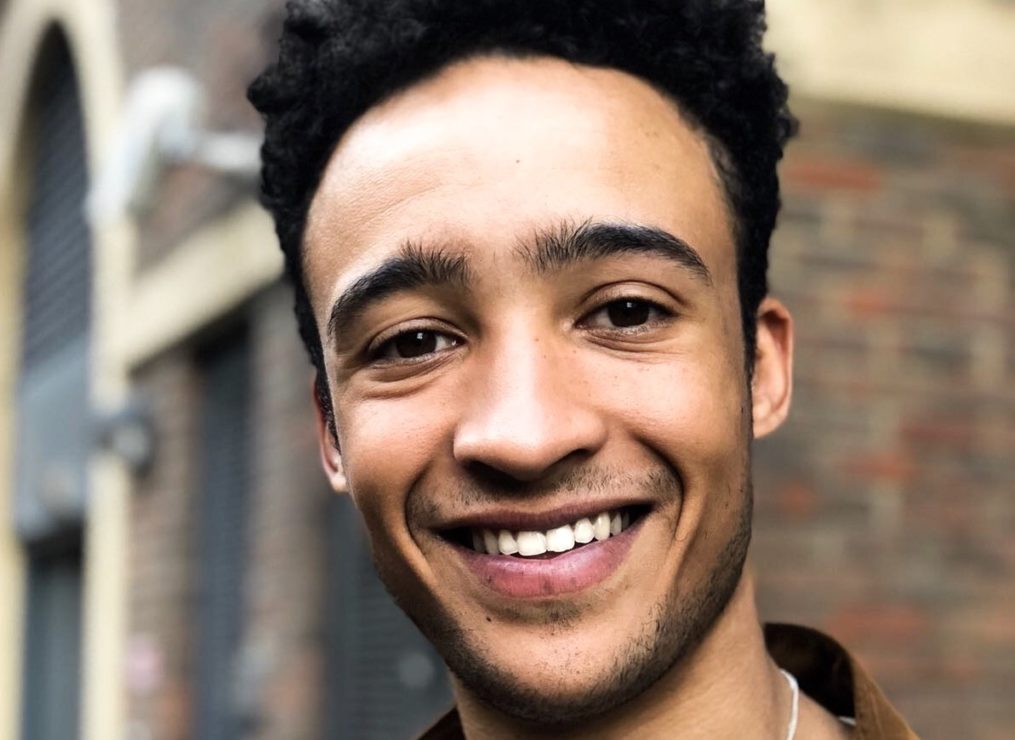Already a member? Sign in below

Luke Alexander-Grose, Brand Planner & Joint Head of D&I, VCCP
Following the brutal death of George Floyd in Minneapolis in May 2020, companies, brands and corporations suddenly released Black Lives Matter statements. Leaders across the advertising industry signed the Creative Equals Pledge a month later in support of the Black Lives Matter movement, which was designed to hold industry leaders accountable for challenging racism. As producers, propagators and peddlers of culture, the advertising industry has a significant role to play in making change. Since our bosses put their pens on the dotted line nine months ago, it’s time for us to take a temperature check.
In the last 12 months, we’ve seen more murder, denial and growing tensions in society in America. For many Black Britons, events across the pond have mirrored our experiences in the UK. Recent figures show there were 103,379 hate crimes recorded by the police in England and Wales between 2018-19. And of those crimes, 76% were race-related, marking an 11% uptick from the previous year.
The advertising industry has faced many challenges on both sides of the lens against the backdrop of systemic racism. For those of us working behind the camera, we’ve become accustomed to all-white meeting rooms, cultural appropriation, as well as microaggressions, overt racism and felt a pressure to change our accents to fit the culture of the room.
While we have seen an increase in minority groups breaking into agencies in recent years, there are a number of wider issues that need to be acknowledged. These include performative allyship and a lack of representation at senior levels.
However, agencies and companies have made a genuine effort to instill change. We’ve seen a rise in Diversity & Inclusion teams, partnerships connecting businesses to grassroots organisations and charities doing incredible work, such as POCC and Brixton Finishing School. Agencies have set up collectives and initiatives to tackle systemic racism. Some of us feel more empowered to share our experiences and ideas for how to make a difference. And while change does feel like it’s coming, it’s also exhausting.
During the VCCP company meeting, we included a slide in the presentation titled, “Why D&I initiatives fail”, in which four reasons were cited:
Safe spaces were created last summer for minority groups to engage in open and honest dialogue. However, they have been mistaken for D&I committees tasked with making change within companies, and those who have joined these committees are now under more pressure than ever before. One of the major challenges we are now faced with is not knowing when to send an all-agency email, who to support and how to reach out to them in a non-discriminatory way, acknowledging hierarchy and how to approach these issues over Zoom.
Often, this pressure lands on junior employees from marginalised groups, which, when combined with passion, confusion and trauma, can lead D&I initiatives to fail.
Another reason that D&I initiatives aren’t always as effective as they could be is best explained by analogy. In our industry, we have all the tools to make a difference, but they’re scattered all over the garden. The passion might be on the grass, but the knowledge is in the shed and the loudspeaker is on the patio.
Adland has the capabilities required to challenge systemic racism, but we need our different disciplines to come together. A creative idea is no use without a platform, and a platform is useless without an engagement strategy.
This is why the BRIM framework has the potential to make serious change. It gathers up all of the tools scattered around the garden and puts them into a toolbox that anyone can access. It promotes collaboration and teamwork, which is what we need to fulfil promises like the pledge.
We already have most of the tools to start making a difference. We have to take a long, hard look at the Pledge and remind ourselves that it is not the responsibility of marginalised groups to prompt senior management of their promises to employees.
These commitments are worth more than chasing KPIs and CSR initiatives. They are moral obligations made by senior management whom we must hold to account.
For those who have signed the Pledge, please take a closer look at point 4 and 8 respectively:
Check in with Black employees
Senior leaders must step up, speak out and take action. All leaders need to acknowledge the escalating racism of the last few months in town halls and company-wide gatherings in order to open this conversation in their organisations.
Leaders should use their company channels to share links, information, resources and Black-driven research.
The last nine months have been a whirlwind of emotion, trauma and pain that many are still struggling to keep up with. Change takes more than signing a Pledge. It takes consistency. If you are a line manager or leader, hold space and support those from marginalised groups. Encourage open and honest dialogue. Check in with those in need.
Already a member? Sign in below
If your company is already a member, register your email address now to be able to access our exclusive member-only content.
If your company would like to become a member, please visit our Front Foot page for more details.